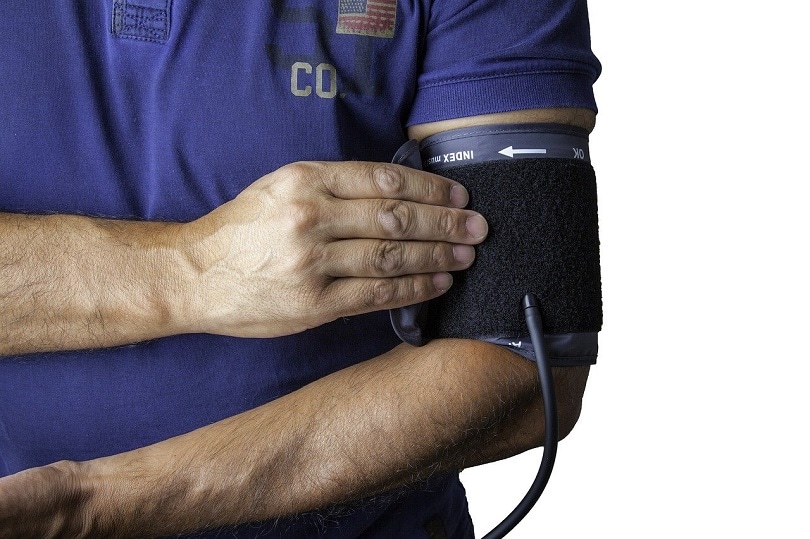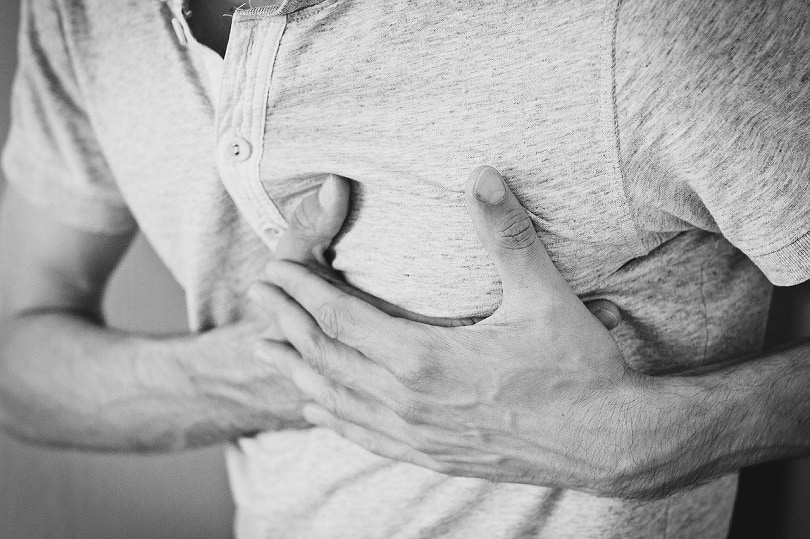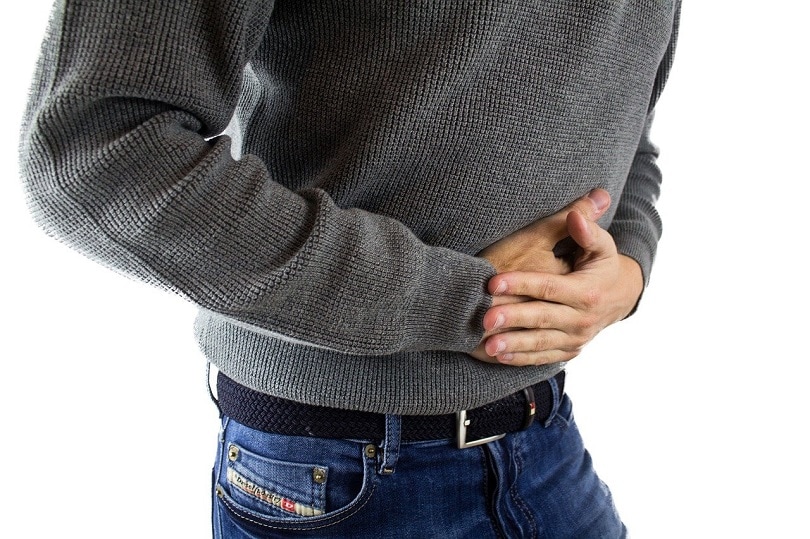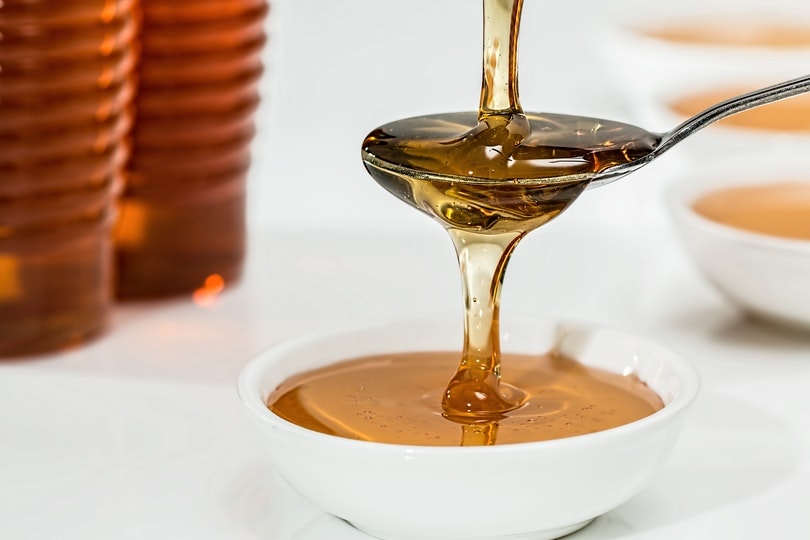
If you have not had to Google “how much caffeine can kill you” after your fourth or fifth cup in a day, are you even a real coffee drinker? Caffeine is addicting, in part because it comes in such a delicious and uplifting package: coffee. But we all know that too much of a good thing is usually bad, and caffeine is no exception.
Below, we’re going over the most common side effects of drinking too much coffee so you can decide if that third latte you have been dreaming of all afternoon is a good idea.
Top 8 Side Effects of Too Much Coffee
1. Anxiety
Caffeine is a stimulant, so it stands to reason that too much of it can cause anxious or stressed feelings. The anxiety that can potentially come from drinking too much coffee is backed by science, and it is a direct result of caffeine’s effect on your hormones.
According to this research study, caffeine causes an increase in the amount of adrenaline your body produces. Adrenaline is the hormone that is responsible for the “fight or flight” mechanism and prepares us for action. When adrenaline levels increase after coffee consumption, your body experiences the same kind of anxiety that would typically lead us to run from a threat or fight back.
2. Inability to Sleep

If you’ve ever indulged in some late afternoon or evening coffee, you’ve probably noticed that it caused difficulty falling asleep or staying asleep. This effect is also backed by science, and research shows that caffeine can affect our sleep in two ways.
According to this research article, caffeine is a stimulant that causes wakefulness and difficulty falling asleep in humans. In healthy adults, caffeine extends the time it takes to fall asleep. Because caffeine stays in your system for up to 9 hours, according to this study, even late morning coffee can cause sleep problems.
Second, consuming too much caffeine often leads to difficulty staying asleep, as this study concluded.
SEE ALSO: How to Fall Asleep After Drinking Coffee
3. Digestive Problems
Many people believe that the acidity of coffee can lead to stomach ulcers. Although it certainly doesn’t help, there is no substantial research that concludes there is a link between drinking coffee and experiencing ulcers. However, there are other digestive problems that can come about from drinking too much coffee.
For example, this study concluded that coffee might lead to worsening acid reflux, and it suggests that it may even cause reflux in previously healthy individuals who drink too much coffee. Additionally, this research article published in PubMed found that coffee stimulates the colon to move digestion along and that too much coffee can lead to diarrhea or loose bowel movements.
4. High Blood Pressure

Coffee has long been associated with high blood pressure, so this side effect may not come as much of a surprise! However, caffeine does have varying effects on blood pressure in short- versus long-term periods.
This research article suggests that most people, whether they consume coffee regularly or not, experience a spike in blood pressure when they first drink coffee. This spike returns to normal quickly after that, but the article also states that high levels of caffeine consumption can lead to overall elevated blood pressure in the long run.
5. Addiction
Like many other drugs, caffeine can become highly addictive, and many coffee drinkers, whether they know it or not, are physiologically dependent on their daily caffeine.
This research article explains that caffeine affects our brain chemistry and leads to an increase in dopamine, a neurotransmitter in our brain that is mainly responsible for “good” or “positive” feelings. If you drink too much coffee, your mind can begin to slow its natural production of dopamine, which leads to a dependency on caffeine to feel good or positive feelings. High rates of caffeine consumption and tolerance can increase the addiction in humans even more.
6. Elevated Heart Rate

As we mentioned before, caffeine can lead to elevated levels of adrenaline in your bloodstream. While the effects of this hormonal spike are numerous, one of the most critical is an elevated heart rate.
This research article explains that adrenaline spikes lead to a quickened heart rate. While the effects of elevated heart rate are mixed across individuals, it does likely put more strain on your heart and cause additional work, which could be detrimental over time. Large amounts of caffeine can therefore be dangerous for those with heart problems, and drinking too much coffee for anyone could have adverse long-term effects.
7. Tiredness
Most people know that caffeine is a stimulant, and the majority of coffee drinkers recognize the stimulating effects coffee can have. However, caffeine can also lead to increased muscle fatigue and overall feelings of tiredness.
This research article concluded that caffeine consumption in exercising adults caused muscle fatigue up to 12% more quickly, which could manifest as feelings of tiredness or fatigue. Coupled with the previously discussed adverse effects of caffeine on falling and staying asleep, this muscle fatigue can compound and make you very tired, especially if you usually consume large quantities of coffee every day.
8. Irregular Bathroom Use

Another effect of coffee that is commonly experienced and reported by coffee drinkers is an increase in urination and the urgency to urinate. This effect is also backed by science.
According to this article from the Mayo Clinic, caffeine consumption leads to increased urination even beyond the amount of liquid consumed in a day. As you can probably imagine, this effect manifests itself in frequent urination as well. This increase in the need to urinate may not be so terrible for some, but for those who suffer from incontinence or naturally overactive bladders, caffeine can cause additional problems or discomfort.
Additionally, consuming large quantities of coffee not only increases the diuretic effect of caffeine, but it also requires that you drink more liquid in the form of coffee, which of course, worsens the issue.
Wrapping Up
Caffeine is the world’s most popular drug for a reason: it’s often concealed in a delicious cup of coffee, and there are numerous health benefits to drinking coffee on a daily basis. However, consuming an excessive amount of a generally good thing is almost always going to have adverse effects.
In large quantities, caffeine can be detrimental in several ways and have adverse effects on your body. Hopefully, knowing about these potential issues will help you keep an eye out for possible symptoms of unhealthy caffeine consumption and determine if you need to make a change in your daily coffee intake.
See also:
- How Much Caffeine Is In That Cup? Try Our Caffeine Calculator!
- Coffee vs Energy Drinks: Which Has More Caffeine?
- How Much Coffee is Too Much? (According to Experts)
Featured image credit: StockSnap, Pixabay















